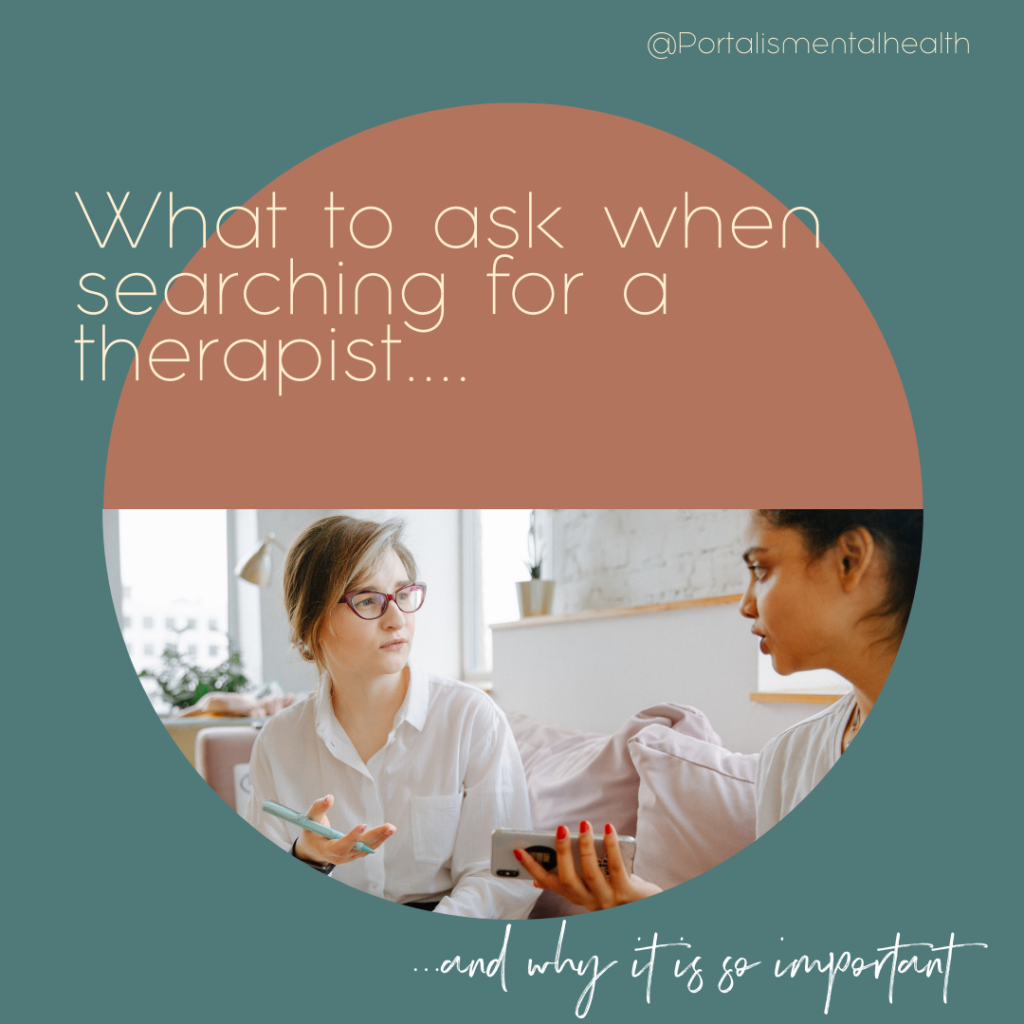Have you ever been overwhelmed by the prospect of finding a therapist?
Maybe you have started to think you could benefit from therapy, but the process seems daunting?
Or maybe you have had some lukewarm or negative experiences with therapists in the past causing you to be hesitant about looking for another therapist?
You are not alone; this is unfortunately many people’s experience. One of the reasons I became a therapist was because as an adolescent and young adult I was unable to find a therapist that I found helpful. Instead I ended up feeling defeated and frustrated.
However, finding a good therapist that you connect with is WORTH IT, and you deserve to have someone to support your healing process.
The reason this is SO IMPORTANT…
Having a strong therapeutic relationship is one of the MOST IMPORTANT FACTORS in your progress. Research shows that regardless of modality or clinical skill, the therapeutic relationship is the essential in therapeutic success. What this means is that you really need to feel connected and attuned with your therapist in order to experience the full potential of the techniques and practices they offer.
If you are in the process of looking for a therapist consider the following questions or topics to help you in your search!
-
Ask them about their approach and tell them about your relational style.
When I look for a therapist I want them to be direct, debate with me, call me out on my BS, and have a sense of humor.
How do you want your therapist to relate to you? What makes you feel supported and engaged in your healing?
- Do you need someone to let you vent and listen deeply?
- Would you like someone to push you?
- Do you prefer a more active or gentle approach?
Ask your therapist about their relational style and tell them upfront about yours and what you are looking for.
-
Ask them what type of modalities or practices they use and why.
You may be looking for a therapist who practices specific types of therapy such as EMDR or Art Therapy. However, there are many theories, practices, and modalities that therapists utilize to create their unique approach, specialty or style. Even if you know you want a particular type of therapy, the therapist’s practice will include and be informed by many other types of modalities. Ask your therapist what the main types of practices they use during therapy and why. You can reflect on what works for you and can do your own research on those practices.
-
If you have a specific diagnosis, ask them what their familiarity or experience is with that specific diagnosis.
You do not need a diagnosis to benefit from therapy, and if you have a diagnosis you may not need therapy around it at this time in your life. However, it is important to work with a therapist who has experience working with the issues you are presenting with. Many therapists can work with a broad range of clients, but their experience working with specific types of struggles or diagnosis may be limited. For example most therapists will be familiar in dealing with anxiety, but if you are struggling with OCD or specific phobias you may want to make sure your therapist has experience with that.
-
If you struggle with thoughts of harming yourself ask your therapist how they would respond if you were struggling with thoughts of self harm or suicidal ideation in a session.
If you are someone who has in the past, or thinks they might experience suicidal ideation, crisis, or acute symptoms it is important to know what your therapist’s response will be. Therapists have varying levels of comfort and experience with suicidality or crisis; therefore you want to understand what to expect if this comes up.
-
Ask your therapist about areas/identities in your life that are important for a therapist to understand?
Whether its race, spirituality, gender, or cultural components, it is important to find a therapist who reflects parts of your identity or has significant understanding with these areas of your life. If your therapist does not have lived experiences that reflect yours, ask them how they approach these areas and what their experience is working with people with these identities.
-
Is there anything that makes you nervous about therapy? Tell them.
Do you feel anxious about coming up with things to talk about? Struggle to look face to face with your therapist? Don’t like to be sitting that long? Feel anxious about awkward silence? Worry that your therapist is judging you?
All of these are normal anxieties about therapy. There is not much to lose and everything to gain by expressing your concerns about therapy to your therapist. Most therapists offer a free consultation where you can ask questions and feel out if it is a good fit. Give your therapist a chance to address them and support you to feel comfortable. If you are feeling at all uncomfortable or uncertain with their answers ask follow up questions or consider continuing your search.


